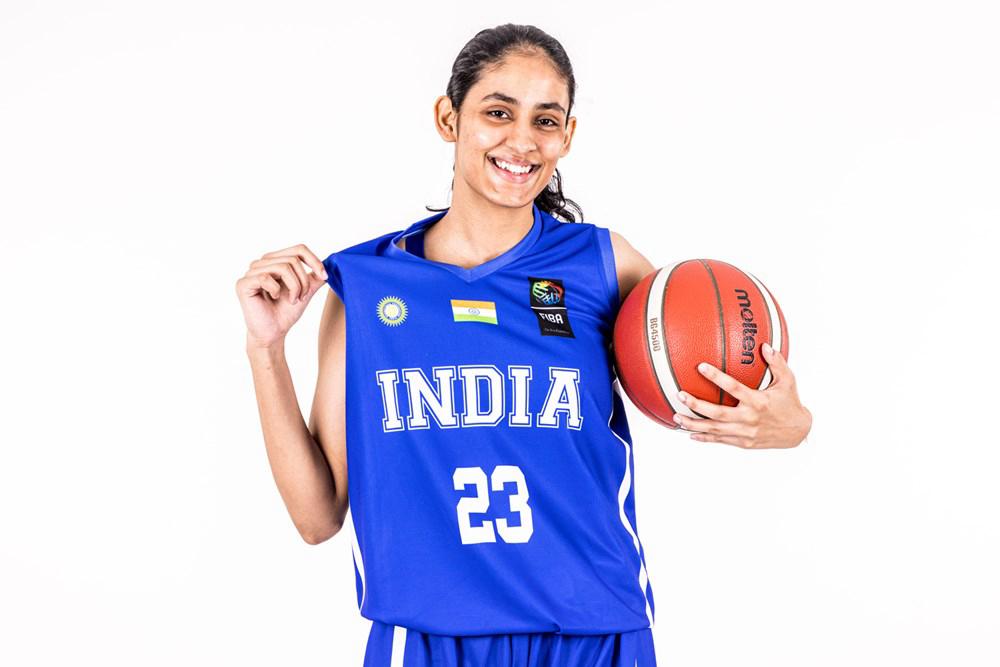
The Business of Belief: Why Sports Sponsorship Is a Win-Win for Brands
In a world overflowing with content, ads, and fleeting attention spans, brands need more than clever slogans to connect with consumers—they need meaning. And that’s exactly what sports offers: an emotionally charged, high-impact platform where belief meets brand building.
Sports aren’t just competitions; they are stories unfolding in real time. When a brand sponsors a sportsperson or a sporting event, it’s not just investing in visibility—it’s investing in emotion, values, and human ambition. Sponsorship in sports carries a unique emotional resonance because it feels authentic. It places a brand in the middle of moments that truly matter: the game-winning shot, the comeback after injury, the national anthem before the finals. These are the kinds of moments that live in people’s hearts—and so do the brands associated with them.
Think of Bournvita, a brand many of us grew up with. It didn’t just sell a health drink—it sold a dream. Their long-running campaigns showed children training, failing, learning, and getting back up with grit. It was never just about nutrition—it was about nurturing champions. That’s exactly what effective sports sponsorship does: it attaches a brand to progress, discipline, and transformation. It earns relevance through belief.
Similarly, Top Ramen made a powerful move by sponsoring Saina Nehwal during her meteoric rise. At a time when badminton was still finding its place in the Indian mainstream, Top Ramen chose to stand behind a young, fierce player who would go on to become a national icon. By sponsoring Saina, the brand not only gained visibility but also aligned itself with values like resilience, aspiration, and the rise of new Indian champions. It’s a classic example of a sponsorship that went beyond advertising—it became part of a success story.
Beyond the emotional pull, sports sponsorship allows brands to reach incredibly targeted, passionate audiences. Each sport has its own community—its own language, loyalties, and local heroes. Whether it’s a kabaddi tournament in a Tier-2 city or a basketball league in metros, sponsoring such platforms provides direct access to engaged demographics, often in spaces where traditional advertising can’t penetrate as effectively.
Another powerful advantage is the content potential that comes with athlete partnerships. Unlike paid influencers, athletes are living, breathing stories. They train, they struggle, they win—and they do it all in the public eye. Brands that partner with athletes have access to highly engaging, real content that fans actively care about. From behind-the-scenes training clips to locker-room motivation talks and post-match reflections, this content isn’t just marketing—it’s meaningful storytelling.
And with storytelling comes trust. Athletes represent discipline, dedication, and perseverance. When a brand aligns with these values, it earns credibility by association. It signals to consumers that this is a brand that doesn’t just sell, but supports. That’s a powerful shift—especially in an age where trust is the new metric of success.
Even more compelling is the long-term brand loyalty that comes with such associations. People remember which brands supported their favorite teams and athletes when they were still climbing. The brand becomes part of that journey, and with that comes a deeper, more emotional bond that extends far beyond a campaign window.
Then there’s the visibility aspect—arguably the most quantifiable benefit. Sponsoring a sportsperson or a team naturally leads to media exposure across platforms: news coverage, event broadcasts, interviews, and organic social media buzz. One great performance, one viral post, and the brand is part of the spotlight—without ever buying a traditional media slot.
And perhaps the most exciting evolution in this space is the shift toward purpose-driven sponsorships. Brands today aren’t just looking to promote—they want to participate. Supporting women’s leagues, underdog athletes, or regional sports isn’t just feel-good branding—it’s smart strategy. It shows that the brand is culturally aware, socially responsible, and forward-thinking.
In short, sports sponsorship is no longer just about logo placement or product promotion. It’s about cultural participation, emotional connection, and long-term brand building. For marketers, it’s an investment that delivers not only reach and recognition but also respect.
Because in the end, while ads may reach people, it’s stories that move them—and nothing tells a better story than sport.

Ms. Bhumika Singh
International Basket Ball Player (Team India U-19) & Marketing Enthusiast @RUPYZ
